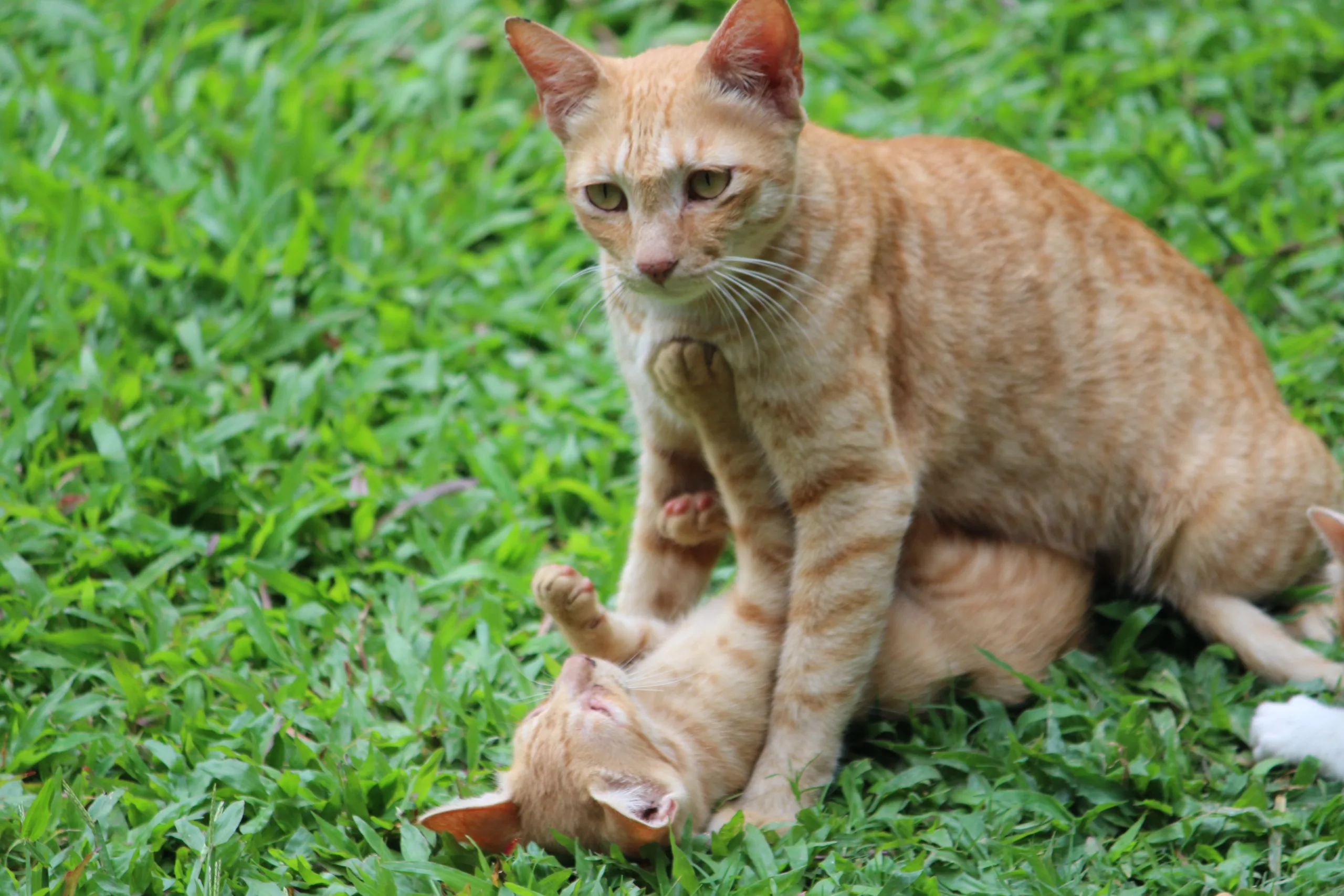Introduction of Why Do Cats Move Their Kittens?
Cats, with their mysterious and independent nature, have been our feline companions for thousands of years. One of the most fascinating aspects of cat behavior is their maternal instincts. As cat owners, we often find ourselves wondering why our feline friends relocate their kittens from one place to another, or why they sometimes leave a kitten behind. In this article, we will explore the reasons behind these behaviors, shedding light on the instincts and motivations that drive cats to move their precious offspring. Understanding these actions can help us provide better care for our feline companions and ensure the well-being of both mother and kittens.
Click here for more about cats
Why Did My Cat Move Her Kittens to My Bed?
As cat owners, it’s not uncommon to wake up one day and find a mother cat and her kittens cozying up on your bed. While this behavior might seem surprising, it is entirely natural for a feline mother. Cats are instinctively driven to find safe and comfortable places to raise their young ones. When a cat chooses your bed, it indicates that she perceives your sleeping area as a secure and warm spot for her kittens. Your scent may also have a calming effect on the mother and her litter, further reinforcing her choice of location.
Why Would a Mother Cat Leave One Kitten Behind?
Observing a mother cat leaving one of her kittens behind can be distressing for cat owners. However, this behavior is not as uncommon as one might think. In some cases, the kitten that is left behind might be weaker or ill, and the mother senses that it has a lower chance of survival. By diverting her attention and resources to the healthier kittens, she increases their odds of thriving.
Furthermore, if the mother feels threatened or stressed in her current environment, she might relocate the kittens hastily, accidentally leaving one behind. In such instances, it’s crucial for human caregivers to step in and provide the necessary care for the abandoned kitten. Always consult a veterinarian for guidance on how to properly care for a young, motherless kitten.
Why Did My Cat Move Her Kittens to My Closet?
Cats are known for their preference for secure and concealed spots, making closets an attractive choice for nesting. The dark, quiet, and enclosed space of a closet provides an environment that closely mimics the natural hiding places cats would seek in the wild to protect their young from potential predators.
Another factor that might contribute to this behavior is the presence of other pets or children in the household. Mother cats instinctively look for secluded spots to safeguard their kittens from any perceived threats. Thus, moving the kittens to the closet might be a strategic decision to ensure their safety and well-being.
Is It OK to Move My Cat’s Kittens?
As concerned cat owners, it’s only natural to consider moving the kittens to a safer or more suitable location. However, it’s essential to approach this matter with caution. Sudden and frequent relocation of the kittens can cause stress and anxiety for the mother, potentially leading to rejection of the litter.
If you believe that the current nesting spot poses a risk to the kittens’ safety, it’s best to create a safe environment around the existing location rather than moving them entirely. Ensure that the area is quiet, secure, and free from potential disturbances. Providing a shallow box or a designated nesting area can also offer additional comfort and safety for both the mother and her kittens.
FAQs About Why Do Cats Move Their Kittens?
Q1: Should I intervene if the mother cat leaves a kitten behind?
A1: While it’s distressing to see a kitten left behind, it’s essential not to intervene immediately. Observe from a distance to determine if the mother will return for the kitten. If the mother doesn’t return within a reasonable timeframe, consult a veterinarian or a local animal rescue organization for guidance on how to care for the abandoned kitten.
Q2: Can I touch the kittens if the mother moves them to my bed?
A2: It’s best to avoid handling the kittens too much, especially in the first few weeks of their lives. Excessive human contact can cause stress to both the mother and her kittens. Allow the mother to care for her litter, and only intervene if absolutely necessary, such as during emergencies or health concerns.
Q3: When can I safely handle the kittens?
A3: The ideal time to start handling the kittens is around 2 to 3 weeks of age. At this point, their eyes should be open, and they will be more mobile. Always approach the kittens gently and let them get accustomed to your scent before attempting to handle them.
Conclusion on Why Do Cats Move Their Kittens?
Cats moving their kittens is a natural and instinctive behavior that aims to ensure the survival and well-being of the litter. Understanding the reasons behind this behavior allows us to provide the necessary support and care for our feline friends during this crucial phase of their lives. Whether they choose your bed, a closet, or any other cozy spot, respecting their choices and creating a safe environment around them is essential. Remember, a calm and stress-free environment will not only benefit the kittens but also foster a stronger bond between you and your feline companion.
Click here for more
